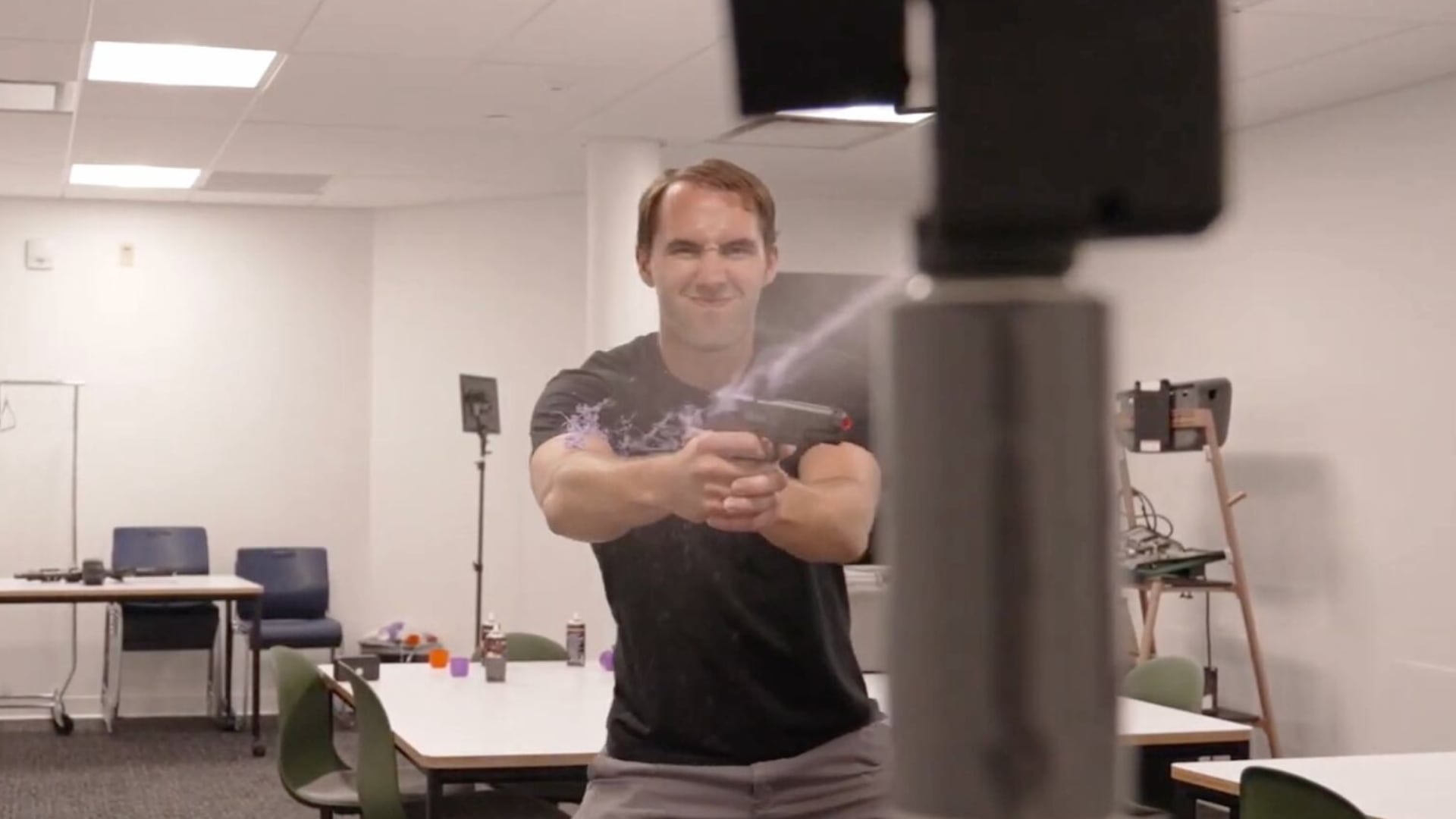By Ken Sweet and Damian J. Troise
Updated 4:35 pm ET
Wall Street's euphoria took a break Thursday, as steep losses in technology stocks dragged the rest of the market down with them.
It was the biggest decline for the U.S. stock market since early June when investors were dealing with a surge of coronavirus infections in places like Florida, Texas, and Arizona. There seemed to be no explicit catalyst for the sell-off, with economic data coming in roughly where the market had expected and no companies issuing foreboding warnings.
That said, the market felt due for a breather, investors said. Both the S&P 500 and Nasdaq hit record highs just the day before. Prior to Thursday, the S&P 500 had risen nine out of the previous 10 days.
Big Tech stocks like Apple, Amazon, and Facebook have made massive gains this year. Investors have been betting those companies would continue posting huge profits as people spend even more time online with their devices. Market watchers have been questioning recently whether those gains were overdone. Apple is still up 64.7 percent for the year, and Amazon is up 82.3 percent.
"There's really very little to justify (these big stocks' upward move) other than euphoria," said Mark Hackett, chief of investment research at Nationwide.
Hackett also noted the market has "embedded very optimistic assumptions" about the virus's impact on the economy, as well as on prospects for Congress and the White House coming up with another economic relief package.
The government reported that the number of Americans who applied for unemployment benefits fell last week to 881,000, slightly better than what economists had expected. That said, companies are still letting workers go at numbers well above those seen in the Great Recession, meaning the jobs picture remains still extremely bleak despite recent improvements.
The stock market has rallied this spring and summer after plunging in March as investors realized the economic toll the coronavirus pandemic was going to cause. Most of the rally has been on strong performances from tech stocks, but also a hope that the worst of the pandemic is in the past, despite rising infections in schools and the possibility of a second surge of infections in the fall. Huge amounts of support from the Federal Reserve and Congress have also helped bolster the economy.
Investors will be paying close attention Friday when the Labor Department releases its August job report. Economists surveyed by FactSet forecast that the U.S. economy created 1.4 million jobs in August, but that would be down from 1.74 million jobs in July. Tens of millions of Americans remain unemployed however, as seen by this week's unemployment benefits numbers.
If the jobs numbers do not deliver, it's unlikely the stock market will rally much higher from here, analysts said.
The Dow Jones Industrial Average fell 807.77 points, or 2.8 percent, to 28,292.73. It was briefly down 1,000 points earlier.
The S&P 500 index lost 125.78 points, or 3.5 percent, to close as 3,455.06. The technology-heavy Nasdaq dropped 598.34 points, or 5 percent, to 11,458.10.
Technology stocks, which account for a significant chunk of the U.S. stock market's value these days, fell broadly. Apple dropped 8 percent, Amazon lost 4.6 percent and Facebook gave back 3.8 percent. Semiconductor stocks also fell sharply. Nvidia, Qorvo, and Advanced Micro Devices fell 8 percent or more. Even with Thursday's drop, Nvidia is still the biggest gainer in the S&P 500 so far this year.
The stocks that were doing better than the rest of the market were companies whose stocks have been beaten down this year: travel companies and airlines. Carnival Corp rose 5.2 percent, Norwegian Cruise Lines rose 3.8 percent and Royal Caribbean climbed 2.7 percent.













